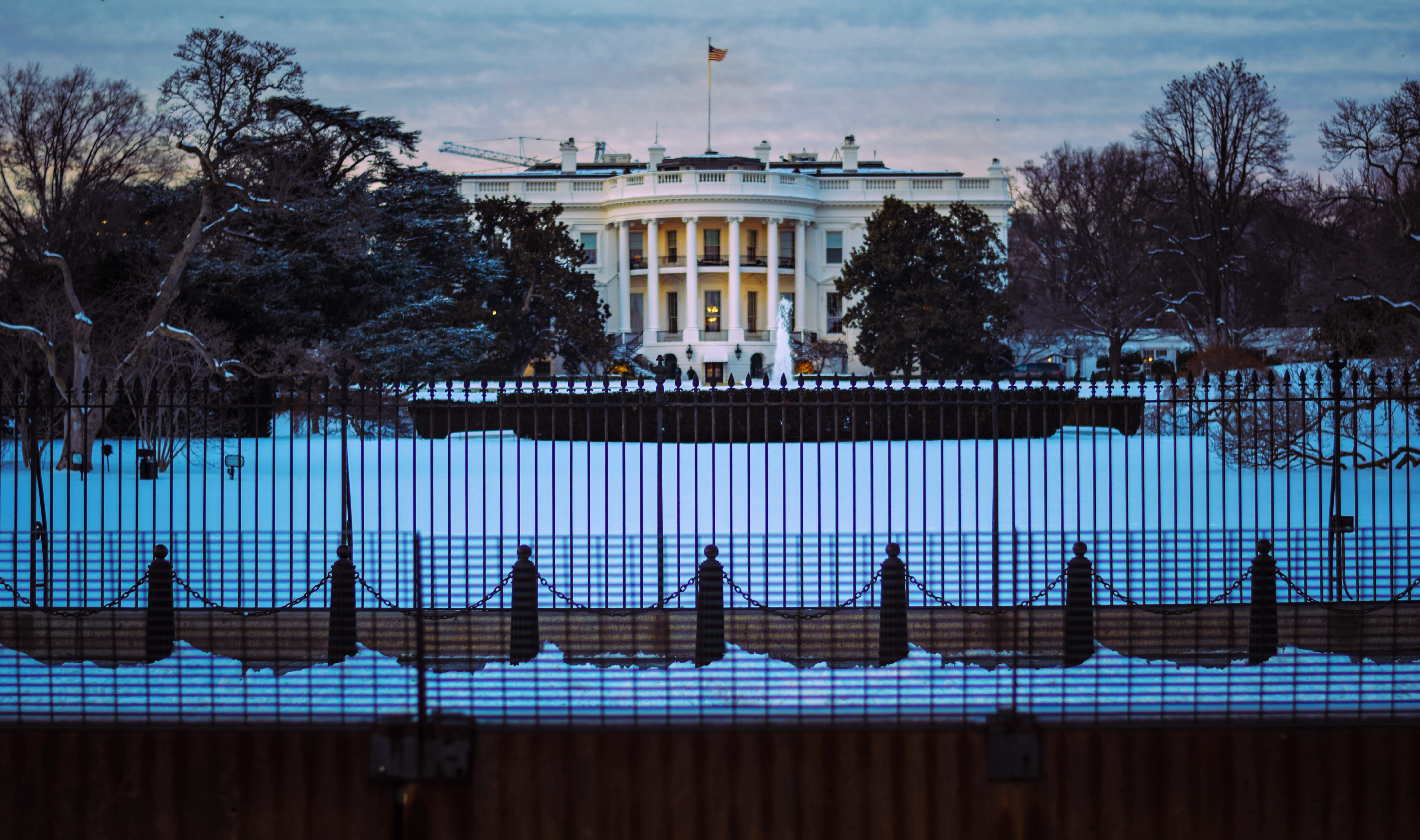“Don’t go to NYU. It will make you too liberal.”
With that, Mitch* walked away. The date was April 1, 2013. The last of my college admissions decisions had come in three days earlier. Of course NYU, my number one pick, would be the last to email me. Talk about anxiety. Monday morning I slipped on the gray NYU sweatshirt I made my father purchase me sophomore year of high school and strutted into homeroom. The morning was full of congratulations from classmates and teachers. That is, until Mitch approached me.
I brushed off his unwarranted comment and kicked senioritis into full gear. But almost four years later, I find myself thinking back to his remark. What is too liberal? And what did Mitch consider it to be?
Mitch was always my most politically savvy friend. When he was 12, he won a National Geographic reporting contest and attended Barack Obama’s first presidential inauguration. He was an ardent Obama supporter back then (at 12?). Somewhere along the line, Mitch became dissatisfied, declared himself a Republican and fell into a mild depression when Obama won reelection. To sum him up, he wants to be President of the United States one day. (I spoke to him a couple of years ago and asked if that was still his end-goal and he said, “Yeah, if the opportunity presents itself.”) Who was I to argue with him, when he had been engaged in politics for years and I still got confused in my government and economics class?
I was too uneducated at 17 to identify with any political party, which is why I registered as independent at 18. Up until a few years ago, politics had zero presence in my life. It was almost unheard of for my family to sit around the table discussing politics. I still have no idea what my parents’ views are. My liberal leaning has more to do with being a journalism student in New York, reading the news every day and taking a political communications class, than with growing up in the Bay Area and Sacramento. It probably also has to do with conversations with my roommate, a Puerto Rican-Iranian who grew up in the South. She was very involved in high school debate and seems to know everything about everything. She always has an answer to my steady stream of questions.
“Don’t go to NYU. It will make you too liberal.”
If I had been unaware that Mitch’s comment had buried itself into the recesses of my mind, the number of times it has nagged me in the last three months is no indication. Donald J. Trump is the 45th President of the United States. Election night is seared into my memory, as is the remembrance of simultaneously laughing and crying as the results came in.
“What are your immediate thoughts after Trump’s inauguration?” This question was posed to two men in an Upper East Side bar on January 24.
As his friend offered a lengthy response about his involvement in the Women’s March and his fear for the public education system, Kevin O’Brien sat quietly, nodded occasionally and sipped his beer. He seemed like the ultimate pacifist. I was curious what he was really thinking but was hesitant to press him. I was uncomfortable asking people about Trump, and I could imagine O’Brien being uncomfortable answering. The most unsettling part of asking people about the inauguration, and about this whole election, was having no way of knowing who was in Trump’s camp. As I tried to steer clear of the group of older white men in the corner, just in case they were ultraconservative, Mitch’s voice popped into my head.
“Don’t go to NYU. It will make you too liberal.”
Too liberal. Ultraconservative.
It seems impossible to apply those labels to an entire group of people, and yet I just did. The question to ask is not what Mitch perceives too liberal to be, or how it is portrayed by the media (Bill O’Reilly recently said the left is overreacting to Trump’s immigration ban on seven predominately-Muslim countries), but how my politics-related interactions have been shaped by preconceived notions of conservatives. The moment I consciously avoided a group of old, obnoxiously loud white men because I had already dismissed their comments, Mitch’s statement clicked. I was uninterested in anything these men had to say because I knew I most likely would not agree with them. The most stubborn liberals and conservatives are just as close-minded as the other, and apparently I am no exception.
I have avoided starting riots and setting “Make America Great Again” hats on fire, but there is also a constant simmering anger that makes me tune out anybody I disagree with.
Maybe being too liberal does not necessarily go hand-in-hand with violent UC Berkeley protestors or NYU students who punch controversial speakers.
Maybe it means being unwilling to engage with people who have opposing views, or even just seem like they might based on their appearance.
Maybe it means shutting down every time a conversation about politics gets heated.
Maybe it means hiding Facebook posts from my crazy cousin–who I have never liked anyway–after she ends a rant that bashes the transgender community, argues against all abortion and claims Democrats “are the reason the country is falling apart” with “#gotrump.”
Talking to people in a dark bar about the current state of American politics made me more introspective than this entire election. As I was battling my chaotic thoughts about how closeminded I had become, a bartender caught on to the nature of my visit and asked that patrons no longer be bothered by talk of politics. The bar had already witnessed several fights.
It was where the liberal and conservative clashed.
*Name has been changed to ensure anonymity

